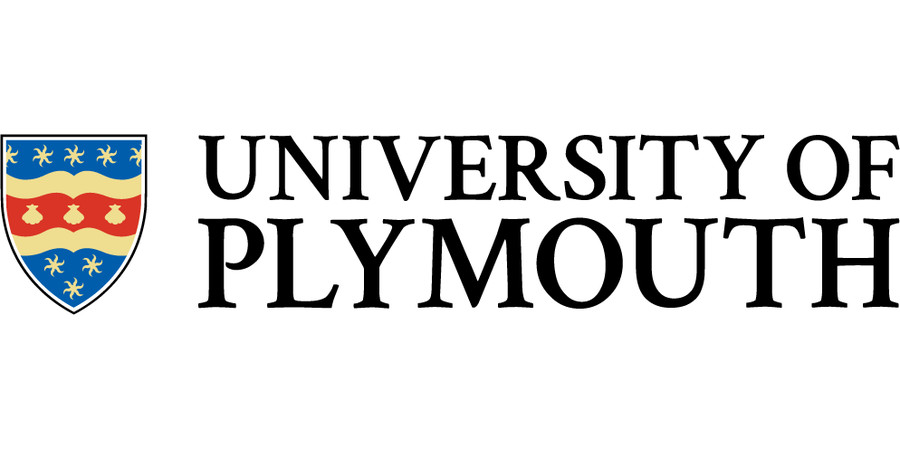PhD Studentship: Mg2+ and Ca2+ variability in seawater and the impact on marine calcifiers
University of Plymouth - School of Geography, Earth and Environmental Sciences
| Qualification Type: | PhD |
|---|---|
| Location: | Plymouth |
| Funding for: | UK Students, EU Students, International Students |
| Funding amount: | The studentship is supported for 3.5 years and includes a stipend from £19,237 per annum 2024-25 rate (2025-26 UKRI rate TBC) |
| Hours: | Full Time |
| Placed On: | 12th November 2024 |
|---|---|
| Closes: | 8th January 2025 |
DoS: Dr Uwe Balthasar (uwe.balthasar@plymouth.ac.uk)
2nd Supervisor: Dr Vassilis Kitidis
3rd Supervisor: Dr Simon Ussher
4th Supervisor: Dr Tracy Aze
Applications are invited for a 3.5 years PhD studentship. The studentship will start on 01 October 2025
Project Description
Scientific background:
The natural weathering of calcium and magnesium rich minerals and rocks over geological time scales, controls the bulk chemical composition and pH of seawater and influenced the ecological success of marine calcifiers over millions of years [1-2]. The recent global development of ocean alkalinity enhancement (OAE), a carbon dioxide removal (CDR) method by which rock powders are added to seawater [3], has the potential to dramatically accelerate the changes to calcium and magnesium in coastal seas with possibly significant impacts on marine calcifiers [4]. To assess these possible impacts, we need to improve our understanding of the natural variability of the concentrations of calcium and magnesium in seawater [5] and how expected changes of these will impact marine calcifiers. The successful candidate for this project will work in the natural laboratory of Plymouth Sound to establish the first baseline of the natural variability of magnesium and calcium over ecological time scales. The results will help to mitigate the environmental impact of OAE.
Research methodology:
This studentship will take advantage of world leading research vessels and facilities at the Western Channel Observatory and the University of Plymouth (UoP). Water samples from Plymouth Sound will be regularly sampled and analysed for Mg2+, Ca2+, pH, DIC, alkalinity, and salinity at the Plymouth Marine Laboratory and the UoP. Alongside this, bivalves will be cultured at the aquaculture facilities at the UoP at various Mg/Ca ratios and analysed for oxygen consumption, tissue growth and shell secretion.
Training:
You will receive training in oceanographic surveys, marine sampling, sensor deployment, and the analysis of dissolved inorganic carbon and alkalinity, marine aquaculture, electron microscopy, and to work in ISO 9001 certified laboratories. You will gain expertise in analytical techniques for elemental analysis such as Inductively Coupled Plasma- Atomic Emission Spectroscopy, and data analysis and programming skills (e.g. Python, R, Matlab).
Person specification:
Suited for applicants with a degree in an Earth, environmental, or biological science subject and a passion for multidisciplinary environmental and biological research.
For information on Eligibility and Funding, please click on the links below:
To apply for this position please click on the Apply button above.
Please clearly state the name of the DoS and the studentship that you are applying for at the top of your personal statement.
Please see here for a list of supporting documents to upload with your application.
For more information on the admissions process generally, please visit our How to Apply for a Research Degree webpage or contact the Doctoral College.
The closing date for applications on 8th January 2025.
Shortlisted candidates will be invited for interview after the deadline.
We regret that we may not be able to respond to all applications.
Applicants who have not received a response within six weeks of the closing date should consider their application has been unsuccessful on this occasion.
Advert information
Type / Role:
Subject Area(s):
Location(s):









